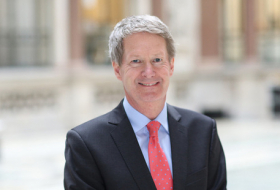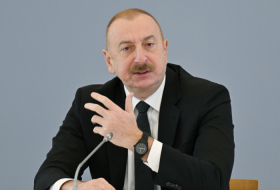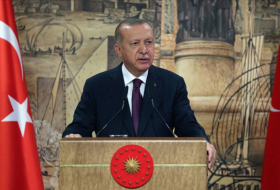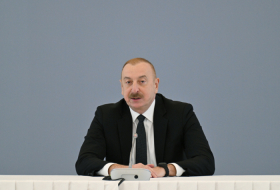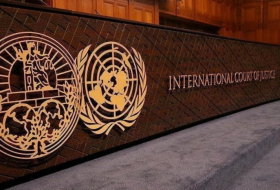Mishra overstates and overgeneralizes at times, but in probing for the wellspring of today’s anger he hits on something real. He traces our current mood back to the French Enlightenment of the 18th century. We revere its thinkers today for their devotion to reason, science, and the rights of man, but they were disdainful of their fellow citoyens, who clung to their muskets and their religion. Voltaire was a friend of monarchs, including the despotic Catherine of Russia. Denis Diderot, editor of the Encyclopédie, which he intended to spread glorious reason around the world, once wrote that “we must ride roughshod over all these ancient puerilities.” These attitudes echo across the centuries. According to a 1951 document the United Nations commissioned to give advice to underdeveloped economies: “Ancient philosophies have to be scrapped; old social institutions have to disintegrate; bonds of caste, creed, and race have to burst; and large numbers of persons who cannot keep up with progress have to have their expectations of a comfortable life frustrated.”
Age of Anger focuses on the reaction, sometimes extreme, to elites who ignored or misunderstood the plight of ordinary people. Jean-Jacques Rousseau, an outsider described as a “militant lowbrow” by 20th century philosopher Isaiah Berlin, was one of the first to take offense, writing that the arts and sciences Voltaire championed were merely “garlands of flowers over the chains which weigh us down.” Rousseau had strange ideas about restoring what he saw as a more wholesome past, including that “[woman] must make herself agreeable to man rather than provoke him.” Later reactions against Enlightenment thinking were even more extreme, on up to the German Volk movement that inspired Nazism.
For those who are angry, there’s no going back to the world before Voltaire, Mishra says. Latter-day groups such as Islamic State claim to detest Enlightenment values but nonetheless crave its sense of autonomy. The byproduct of this dissonance is violent anarchy, “a form of strenuous self-assertion that acknowledges no limits and requires descent into a moral abyss.” Donald Trump, who was gaining support as a presidential candidate at the time of Mishra’s writing, appears in the book as a “demagogue,” just one among many who have “tapped into the simmering reservoirs of cynicism, boredom, and discontent.”
Along with quotations from Voltaire, Rousseau, and other familiar figures of Western Civ, Age of Anger includes observations from Iranian, Chinese, Indian, Japanese, and other nations’ scholars; their perspectives complement Mishra’s deep understanding of global tensions. (He writes for a wide range of outlets, including Bloomberg View.) But the book can be hard to read at times, because it’s so ... angry. “The history of modernization,” Mishra says, “is largely one of carnage and bedlam.” He has something nice to say about just one modern figure, Pope Francis, whom he likes because he’s “not an agent of reason and progress” but rather “the moral voice of the Church that was the main adversary of Enlightenment intellectuals.”
Mishra deplores the excesses of reactionaries, but he’s clearly no fan of the Davos set. In one of his only personal asides, he writes, “As a stepchild of the West, I feel sympathetic to both sides of the debate.” If only those sympathies could extend beyond the pages of a book.
/Bloomberg/
More about: #anger










